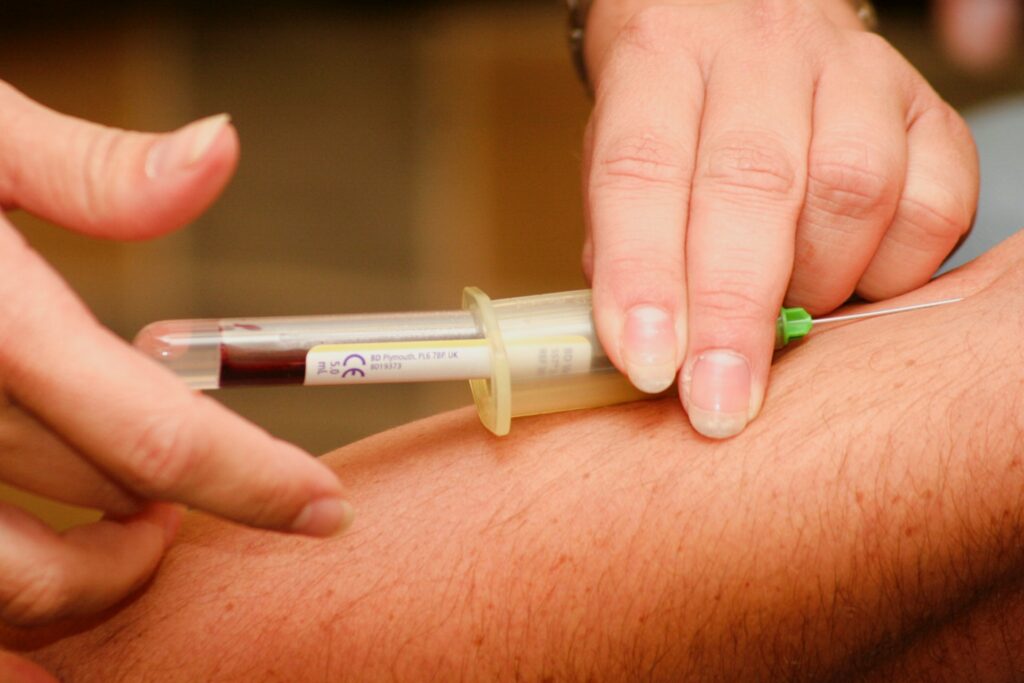A simple blood test can identify people with bipolar disorder and gauge the efficacy of lithium, the drug used to treat the condition, according to a new study from the University of Haifa.
Bipolar disorder, formerly and more commonly known as manic depression, is a chronic psychological disorder whose symptoms include repeated abrupt shifts in mood between happiness and sadness/depression.
Between 1-3 percent of adults worldwide are living with the disorder, which typically begins to manifest at the age of 19. Bipolar disorder is also a known cause of disability and premature deaths due to suicide or comorbidities, the study says.
Diagnosis is currently performed by a psychiatric specialist through evaluation involving a series of questions. Lithium is the standard treatment for bipolar disorder, but, according to Haifa University, only around one third of patients respond to the medication.
The university study involved three groups: one of people not suffering from bipolar disorder; one of people with the condition who respond to lithium; and one of people with the condition who do not respond to lithium.
Researchers first examined the white blood cells of people from all three groups. The cells were then infected with the virus that causes mononucleosis to see how the genes of the members of each group responded.
The researchers then examined the cells’ gene expression (the process by which the information encoded in a gene is turned into a function), in this case, a reaction to the infection.
Sign up for our free weekly newsletter
SubscribeThey found significant differences relating to the expression of immunoglobulins (antibodies), which study author Dr. Shani Stern said could explain the high rate of comorbidities among people with bipolar disorder.
“There is a known correlation between various psychiatric disorders and ancillary morbidity,” Stern said.
The results were then fed into an AI computational model developed for the study and researchers found that the test could predict with 90 percent or higher accuracy whether someone was suffering from bipolar disorder and whether they would respond to lithium as a treatment.
“This method can enable people coping with psychiatric disorders to save many months of suffering by adjusting the right medication for them,” Stern said.
The study was published in the prestigious Molecular Psychiatry journal.
Related posts

Israeli AI Safety Tool Among TIME’S Best Inventions For 2024

TAU Team Discovers Mechanism To Eliminate Cancerous Tumors

Ashdod Port Investing In Startups As Part Of Innovation Strategy




Facebook comments